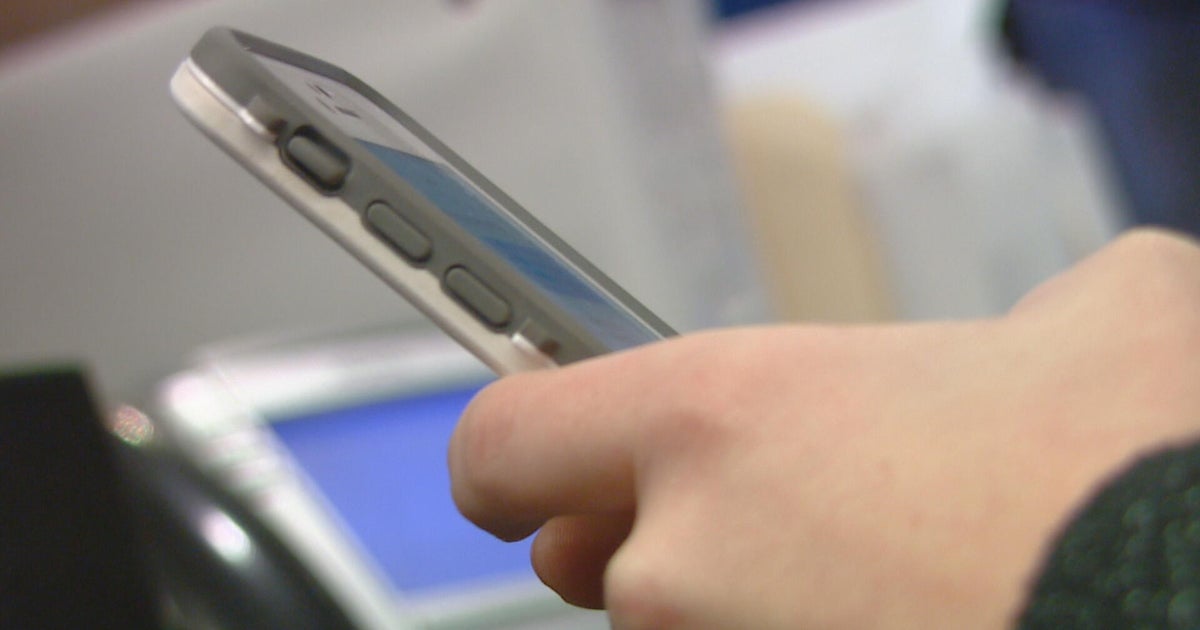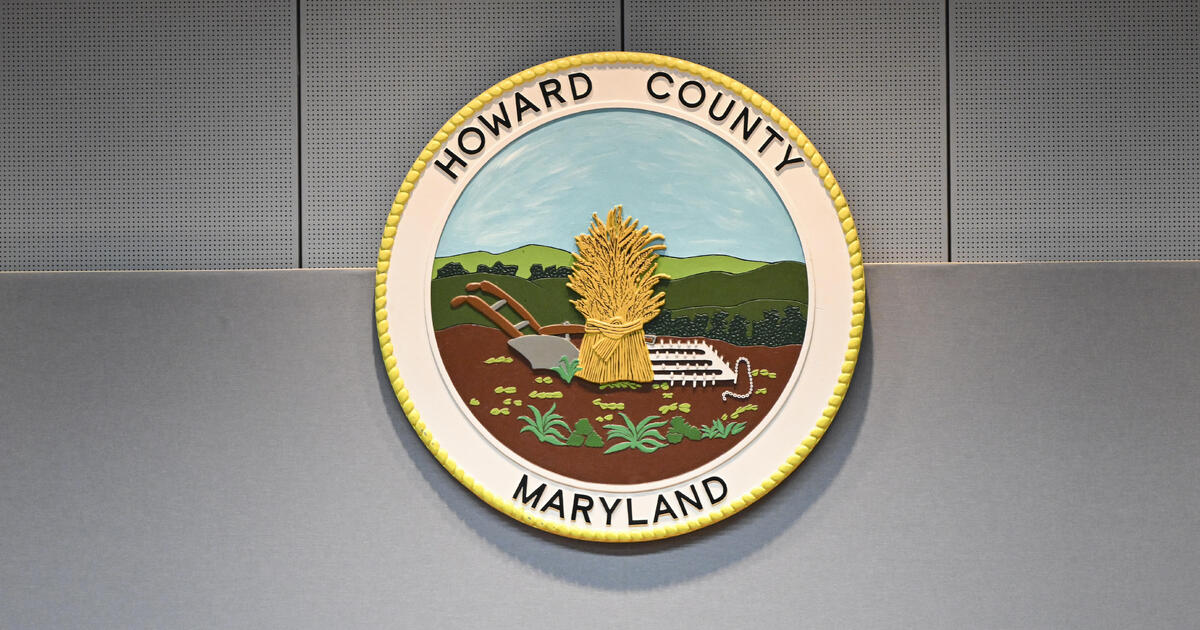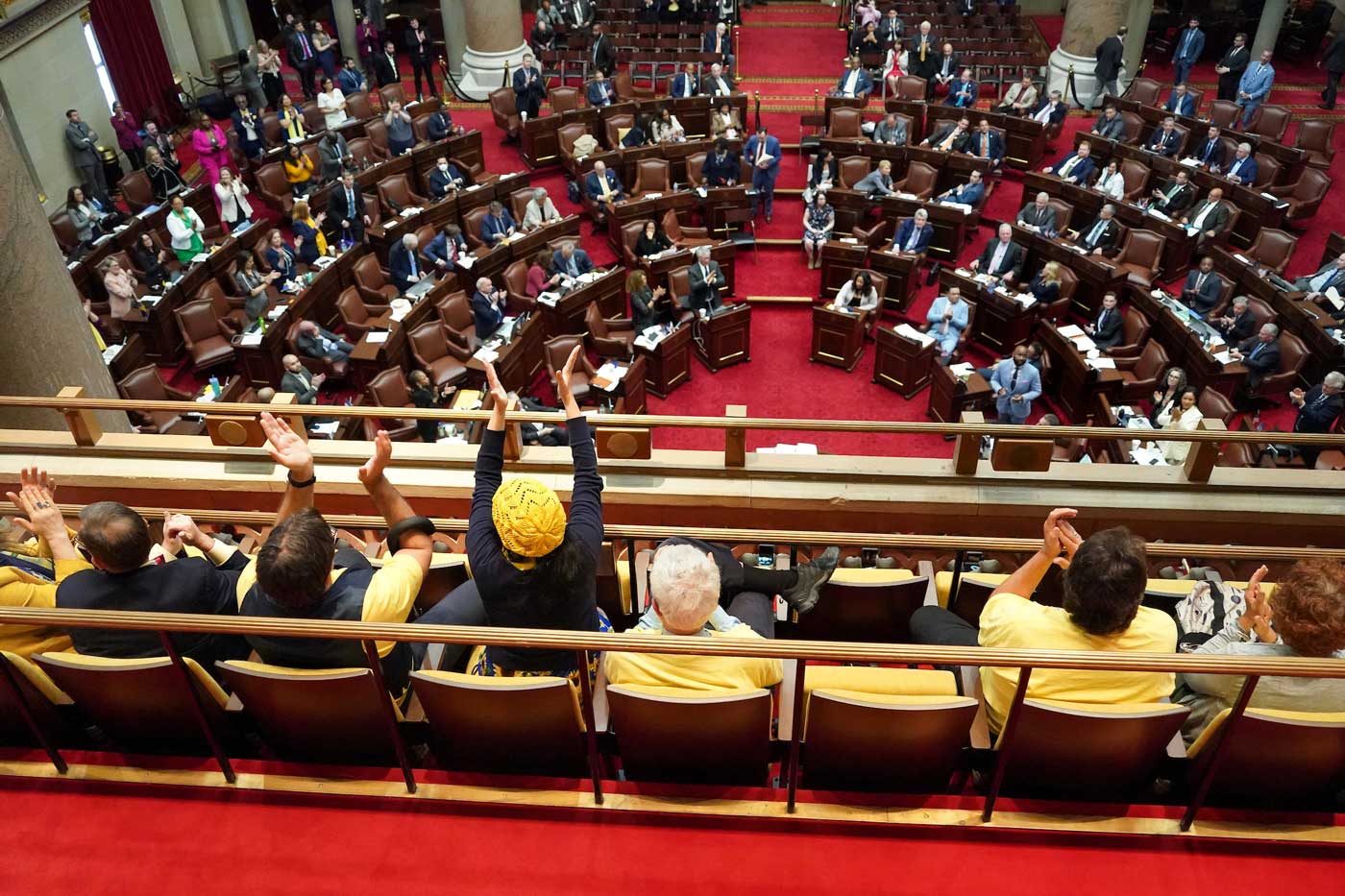AT&T says state's bill banning mask mandates "overrides our corporate policies"
A North Dakota lawmaker may have gotten more than he bargained for when the legislature on Monday approved his proposal to ban requirements for wearing face masks in the state, where more than 1,400 residents have died of COVID-19. That's because of disagreement over what the proposed law would actually do.
The bill, now on its way to the state Senate, would bar state and local officials, schools and businesses from mandating masks, according to local news reports and the Greater North Dakota Chamber (GNDC), the biggest statewide business advocacy group, which opposes the anti-masking measure.
"Our intent is to oppose it in the Senate," Matt Gardner, GNDC's legislative director, told CBS MoneyWatch. "A business needs to be able to protect its customers and employees how it sees fit."
AT&T added its voice to those opposing the measure.
The telecommunications giant has taken steps during the pandemic to "safely operate our business, retail locations and offices," including instituting face covering requirements in the workplace or while performing work on behalf of the company, Cheryl Riley, president, AT&T external affairs, northern plains states, said in written testimony to state lawmakers. "The bill appears to override our corporate policies," she added.
The bill's sponsor, state representative Jeff Hoverson, stated in an email to CBS MoneyWatch that the measure would only impact "government entities." Yet the one-page bill, notable for its brevity, includes a subsection that "prohibits making use of a face mask, shield or covering a condition for entry, education, employment or services."
The section "does not appear to prohibit a private business from making use of a mask a condition for entry or employment; however, state or local government may not make use of a mask a condition for entry to a business," Hoverson said in the email, citing legislative council attorneys.
Others disagreed, including Gardner at GNDC. "To us that means entry — it could be into a grocery store, any business," Gardner said, noting that could also include a food manufacturer where workers wear masks for hygienic reasons and to keep products safe.
One academic expert had a similar read on the measure, calling it overly broad. "As it is now, it prohibits anybody to require masks be worn," said Robert Wood, a professor at the University of North Dakota.
Hoverson's proposal "precludes any business from operating within the state from requiring face coverings as a criteria for entry," said Wood, a professor of political science and public administration. Such a law would go against "the whole rationale behind 'no shoes, no shirt, no service,' where as a matter of public safety a business is allowed to discriminate based on reasonable public health accommodations," Wood said.
In theory, a chain like Walmart with a nationwide mask mandate would have to adhere to the proposal should it become law in North Dakota, said Wood, who noted the retailer complied with other state and local ordinances. As of last year, there were 14 Walmart stores in North Dakota.
Reached for comment, Walmart cited Hoverson's take on his measure in stating it did not believe it would be impacted and declined further comment on the matter.
In arguing for his bill, Hoverson cast mask requirements as part of a broad conspiracy by "unelected, wealthy bureaucrats who are robbing our freedoms and perpetuating lies."



